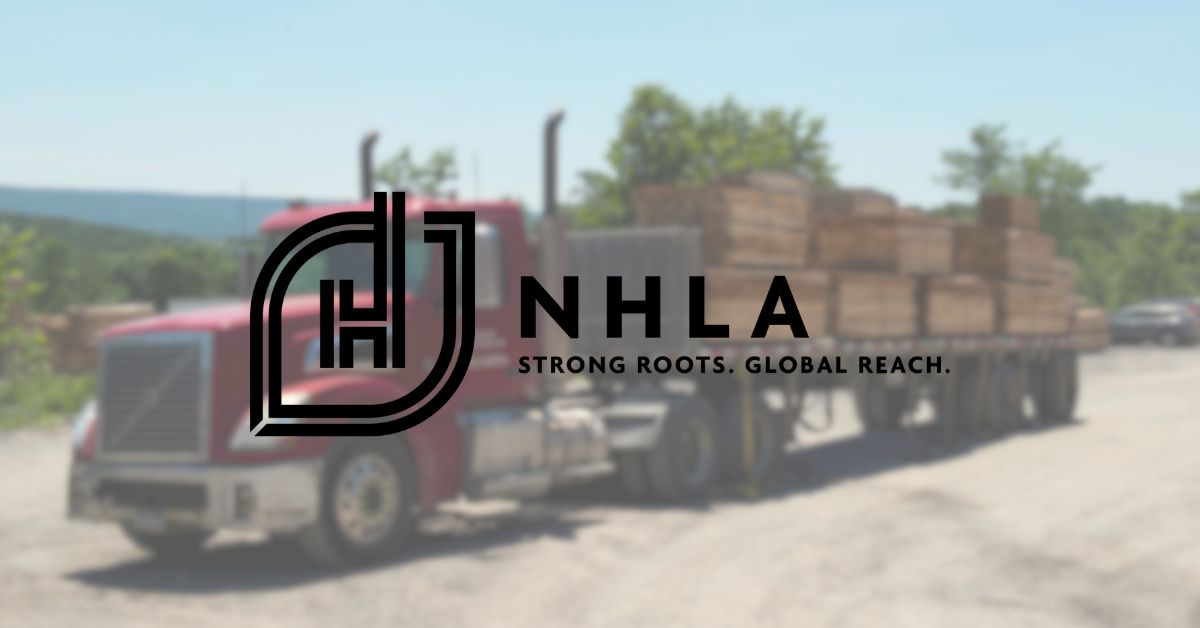NHLA Plays a Pivotal Role in the Hardwood Industry
Have you ever wondered to yourself, “If I disappeared tomorrow, what would change?” Well, In the world of hardwood lumber, a vital organization governs the standards and practices that shape the industry, the National Hardwood Lumber Association. Established over 125 years ago, the NHLA has been the bedrock of consistency, reliability, and quality assurance in the hardwood sector. However, what if this long standing institution were to disappear? The ramifications would ripple across the hardwood landscape, forcing a fundamental reevaluation of business operations and inviting governmental intervention into the fray.
At its core, the NHLA serves as the authoritative body responsible for establishing and maintaining grading rules for North American hardwood lumber. These rules provide a universally understood language that guides buyers and sellers, ensuring transparency and fairness in transactions. Without the NHLA’s standardized grading system, the industry would plunge into chaos, with interpretations of wood quality leading to confusion, disputes, and ultimately, a loss of trust among stakeholders.
One of the most profound impacts of NHLA’s absence would be felt by businesses throughout the supply chain. Manufacturers, distributors, and retailers rely on NHLA grading standards to assess the value and suitability of hardwood products. Without these benchmarks, companies would be forced to devise their own grading criteria, leading to inconsistencies in product quality and pricing. This fragmentation would disrupt established networks and necessitate costly adjustments to sourcing, production, and marketing strategies.
Additionally, the disappearance of the NHLA would create a regulatory void that government bodies would be compelled to fill. In the absence of industry-led governance, policymakers would be tasked with developing and enforcing grading regulations to maintain market integrity. Government intervention, while essential for preventing exploitation and ensuring consumer protection, could introduce bureaucratic hurdles and delays, impeding the agility and efficiency of businesses operating within the hardwood sector.
Let’s not forget how the disappearance would affect the International market. NHLA’s grading standards are internationally recognized, providing a benchmark for trade agreements and facilitating global commerce. Without NHLA’s oversight, international trade in hard-wood lumber would be jeopardized, as foreign buyers may question the quality and authenticity of American hardwood products.
Collaborative efforts between industry stakeholders, including producers, suppliers, and associations, are essential to ensure continuity and uphold the integrity of hardwood grading standards. Additionally, investments in education and training programs can empower professionals to understand and adhere to quality standards, mitigating the risks associated with regulatory uncertainty.
The National Hardwood Lumber Association occupies a pivotal role in the hardwood industry, providing stability, consistency, and trust in a complex ecosystem. Its absence would precipitate a seismic shift in business practices, necessitating adaptation and inviting governmental intervention to maintain order. As custodians of this vital institution, it is industry leaders and policymakers responsibility to recognize the value of NHLA and collaborate in its preservation, ensuring the continued prosperity of the hardwood sector for generations to come.
John Hester
NHLA Chief Development Officer
[email protected] | 901-399-7558
Share:
Related News & Blog

June 1, 2025

June 1, 2025
Questions?
Have questions or need any assistance regarding the NHLA Annual Convention & Exhibit Showcase?
